Spotlight
A selection of resources from across the Federation

HIV Theory of Change
Our HIV Theory of Change is to clarify the goals and vision of IPPF’s HIV programme and to articulate the different pathways and strategies IPPF uses to contribute towards its HIV goals and vision.
Filter our resources by:

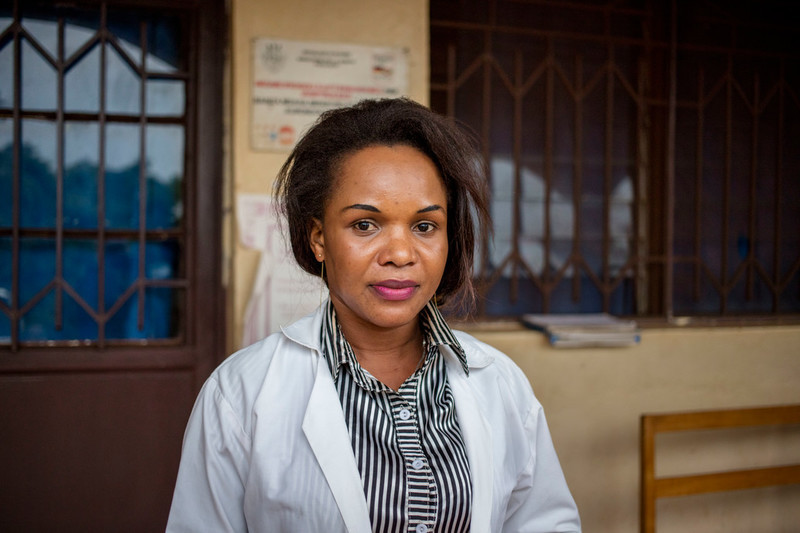
| 18 January 2018
Putting people first: providing health care despite funding and staff losses in Burundi
The Association Burundaise pour le Bien-Etre Familial's (ABUBEF) provides vital integrated services to local communities, including contraception, prevention and treatment of HIV, youth-friendly counselling and education, pre-marital counselling, and antenatal and post-natal care. ABUBEF has 18 service points, including static and mobile clinics, and community-based services. An estimated 80% of its clients are poor, marginalized, socially excluded and/or under-served. ABUBEF supports young people living with HIV, internally displaced persons, sex workers, drug users and street children. The continuation of many of these vital health services are under threat following the reintroduction of the Global Gag Rule by the US Administration. The Global Gag Rule, or Mexico City Policy as it is formally known, stops US aid to all health programmes run by organisations who perform or counsel on abortion. ABUBEF says: “Almost all contraceptives, HIV reagents, STI drugs, antiretroviral and consumables for HIV management are procured through UNFPA, USAID and US-financed government programmes, which will be affected by the Global Gag Rule.”
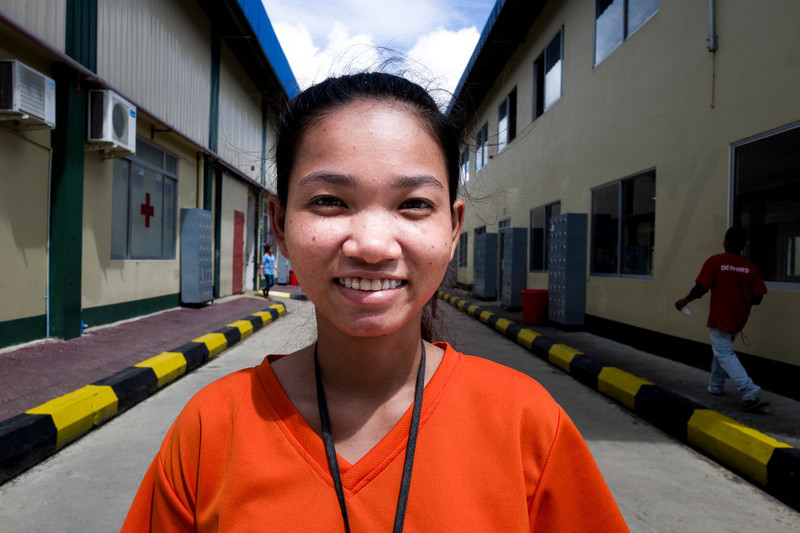
| 08 November 2017
Health with pop: Talking sex education with Cambodia’s female garment workers
About 700,000 people work in Cambodia’s garment factories, many of them migrant women from rural areas who typically possess low levels of education. According to Dr. Sreng, not only do these women often lack crucial health knowledge, but they tend not to trust health providers or know where to access medical care. RHAC, which first took its health outreach programme into garment factories in 1998, now operates in 82 factories that employ a combined total of 130,429 workers. Nearly 28,000 of them have taken part in RHAC-led group discussions and more than 67,000 have attended targeted health days like the one at Propitious. Photography © IPPF/Omar Havana
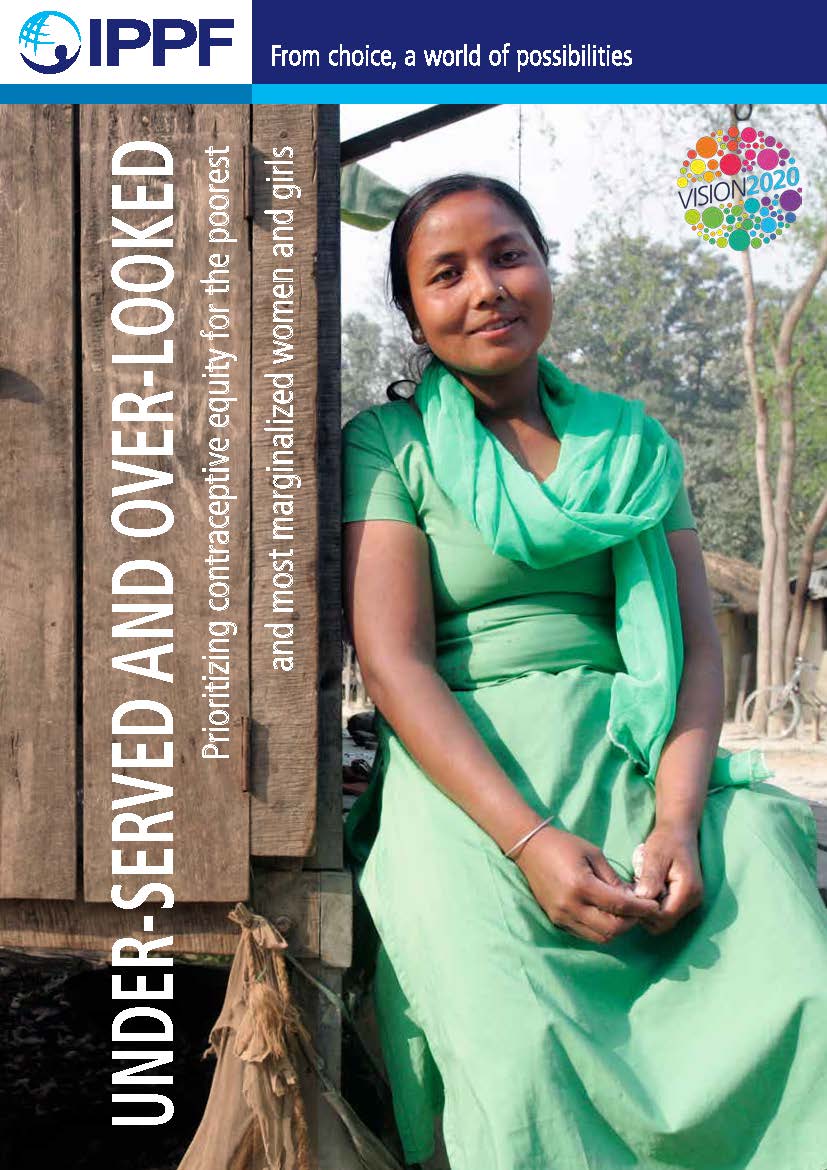
| 11 July 2017
Under-served and Over-looked
Under-served and Over-looked is a flag in the ground. It is a decisive declaration that IPPF stands for equity. IPPF stands for human rights for all. While IPPF has long worked to scale up family planning services, to reduce unmet need and to reach vulnerable populations, with the launch of Under-served and Over-looked we are confirming that reaching the most vulnerable and hard-to-reach groups is IPPF’s top priority. This report is a synthesis of evidence revealed from a literature review, including 68 reports from 34 countries. The results are dire: the poorest women and girls, in the poorest communities of the poorest countries are still not benefitting from the global investment in family planning and the joined up actions of the global family planning movement. Women in the poorest countries who want to avoid pregnancy are one-third as likely to be using a modern method as those living in higher-income developing countries. This is not acceptable. Join IPPF campaign for universal access to contraception
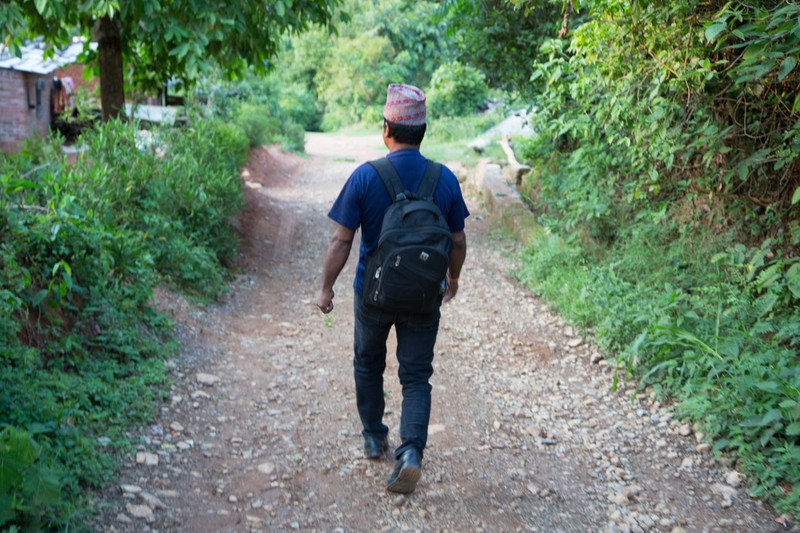
| 06 July 2017
Bringing contraceptive choice to mountain communities
Meeting the family planning needs of Nepal’s 28 million people, particularly those living in remote mountain villages, takes careful planning, complex logistics, skilled staff and money. Since 1959, the Family Planning Association of Nepal (FPAN), has been providing better access to contraception and maternal health, ensuring its services penetrate even the most remote corners of this rugged mountain country. Reaching communities in far flung parts of this mountainous country is a logistical challenge, but one FPAN sees as crucial to its work. Teams of staff and volunteers spend days travelling by vehicle or, if necessary, on foot to make sure they reach people. Stories Read more stories from Nepal

| 08 May 2017
Under-served and over-looked - Executive summary
The evidence is clear: family planning saves lives. Yet, the poorest and most marginalized women and girls are being left behind during one of the most successful advances in public health in the past half century. IPPF’s report Under-served and Over-looked offers an overview of the women and girls that are being left behind and unable to access the life-saving contraception they want and need. IPPF is fighting for a world where women everywhere can say "I decide". Support our call for universal access to contraception! Add your voice
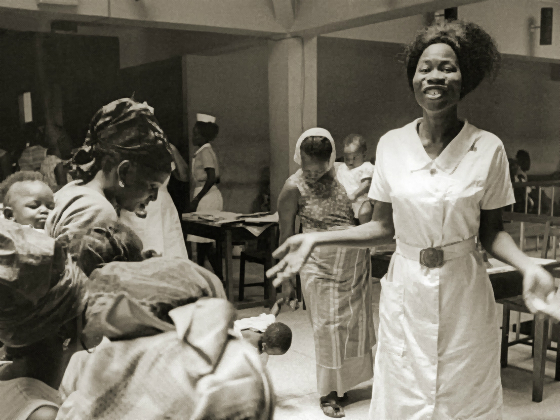
| 23 February 2017
Celebrating over 60 years of service delivery
For over 60 years, IPPF has been at the vanguard of the family planning movement, championing and fighting for rights‑based, voluntary family planning worldwide.















